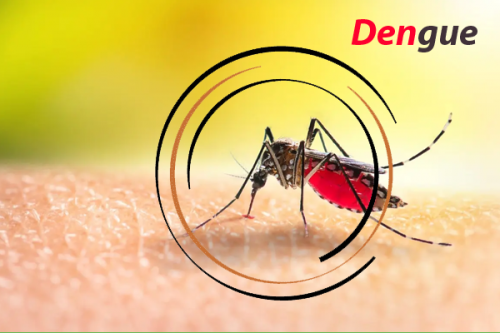By Dr Praveen Gupta, Principle Director and Chief of Neurology, Fortis Hospital.
Dengue fever, an endemic mosquito-borne viral illness, escalates significantly during the monsoon season due to increased mosquito breeding. While primarily known for causing flu-like symptoms, dengue has profound neurological implications that are often overlooked.
During monsoon, stagnant water and higher humidity create ideal conditions for the Aedes mosquito to thrive, leading to a spike in dengue cases. Neurological manifestations of dengue, though less common, include encephalitis, meningitis, and myelitis. These conditions arise from the virus crossing the blood-brain barrier, leading to inflammation and infection of the brain and spinal cord.
Patients with severe dengue may experience headaches, altered mental status, seizures, and even coma. The virus's neurotropic nature means it can directly infect neural cells, causing damage and inflammation. Furthermore, the immune response triggered by the infection can exacerbate these neurological issues, making management complex.
The increased neurological complications of dengue during monsoon emphasize the need for early recognition and intervention. Healthcare systems must be vigilant in monitoring for signs of neurological involvement in dengue patients, particularly during peak transmission periods. Preventative measures, such as mosquito control and public awareness campaigns, are crucial to mitigating the impact of dengue on neurological health during the monsoon season.

 Patients with severe dengue may experience headaches, altered mental status, seizures, and even coma. The virus's neurotropic nature means it can directly infect neural cells, causing damage and inflammation. Furthermore, the immune response triggered by the infection can exacerbate these neurological issues, making management complex.
Patients with severe dengue may experience headaches, altered mental status, seizures, and even coma. The virus's neurotropic nature means it can directly infect neural cells, causing damage and inflammation. Furthermore, the immune response triggered by the infection can exacerbate these neurological issues, making management complex.










.jpeg)

















.jpg)


